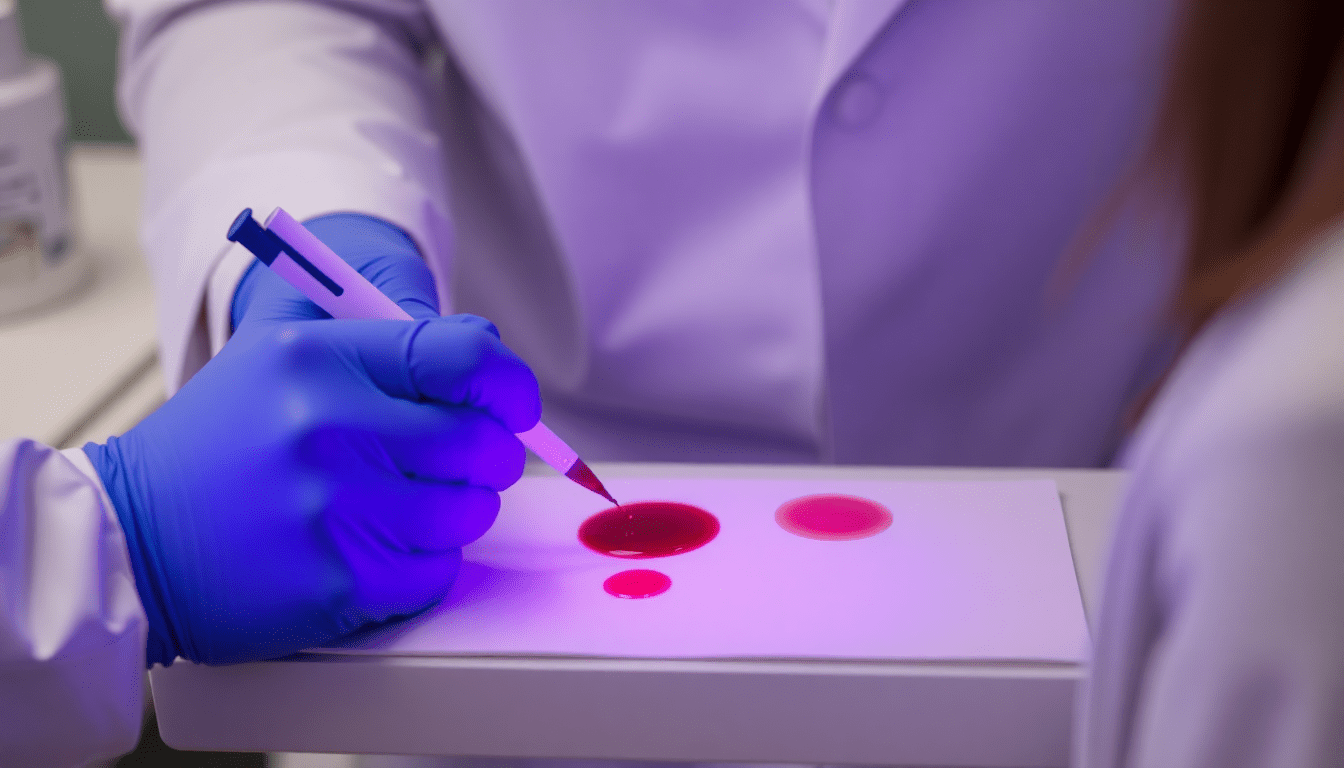
Test del sangue occulto fecale: screening precoce per il cancro del colon con InnerBuddies
Test del Sangue Occulto nelle Feci: Screening Precoce per il Cancro al ColonRilevare il sangue nascosto nelle feci può essere... Leggi di più
Worried about hidden blood in stool? The occult blood stool test is a simple, noninvasive screening that checks for small amounts of blood in your stool that you can’t see with the naked eye. This can be an early signal of colorectal conditions, including polyps or colorectal cancer. There are two common methods: the guaiac-based fecal occult blood test (gFOBT) and the fecal immunochemical test (FIT). A positive result means blood was detected somewhere along the digestive tract, but it does not confirm cancer; it does, however, prompt a follow-up with a clinician to determine the cause, which may involve a colonoscopy or other diagnostic tests. Conversely, a negative result reduces the likelihood of colorectal bleeding at the time of sampling but does not completely rule out problems, so regular screening per guidelines remains important. Who should consider screening? In general, adults at average risk are advised to begin colorectal cancer screening in mid-life, with guidelines commonly recommending starting around age 45 to 50 and continuing through at least age 70-75, at intervals determined by the test used and your risk factors. People with a family history of colorectal cancer, a personal history of inflammatory bowel disease, certain genetic conditions, or prior polyps should discuss more proactive or earlier testing with their healthcare provider. Lifestyle factors such as smoking, obesity, and a sedentary lifestyle can also influence your risk, so talk to your clinician about an appropriate screening plan. Whether you're evaluating an occult blood stool test or other colorectal screening options, your clinician can guide you to the right test given your risk profile. While you navigate screening options like the occult blood stool test, you may also want deeper insights into your gut health. InnerBuddies offers a white-label Gut Health Operating System that powers modern gut microbiome testing products. This modular platform includes a Gut Microbiome Health Index (0-100) based on an exclusive IP deal with EAFIT University in Colombia, plus detailed measurements of the top 40 bacterial abundances with comparisons to a healthy cohort. It also categorizes bacterial metabolic functions into positive and negative groups and shows how you compare on each function category. Additional capabilities cover Target Group analysis for specific lifestyles such as Healthy Aging, Endurance Sport, Power Sport, and more, plus personalized nutrition advice derived from combining 3-day food diaries with stool data, and personalized probiotic and prebiotic recommendations. InnerBuddies also provides gut test solutions directly to consumers and a full range of B2B options. For a closer look at how a microbiome test can complement colorectal health monitoring, explore InnerBuddies' offerings: InnerBuddies microbiome test and their ongoing support through the Gut Health Membership. If your interest lies in partnering or white-labeling solutions, learn more on their B2B page: become a partner.

Test del Sangue Occulto nelle Feci: Screening Precoce per il Cancro al ColonRilevare il sangue nascosto nelle feci può essere... Leggi di più